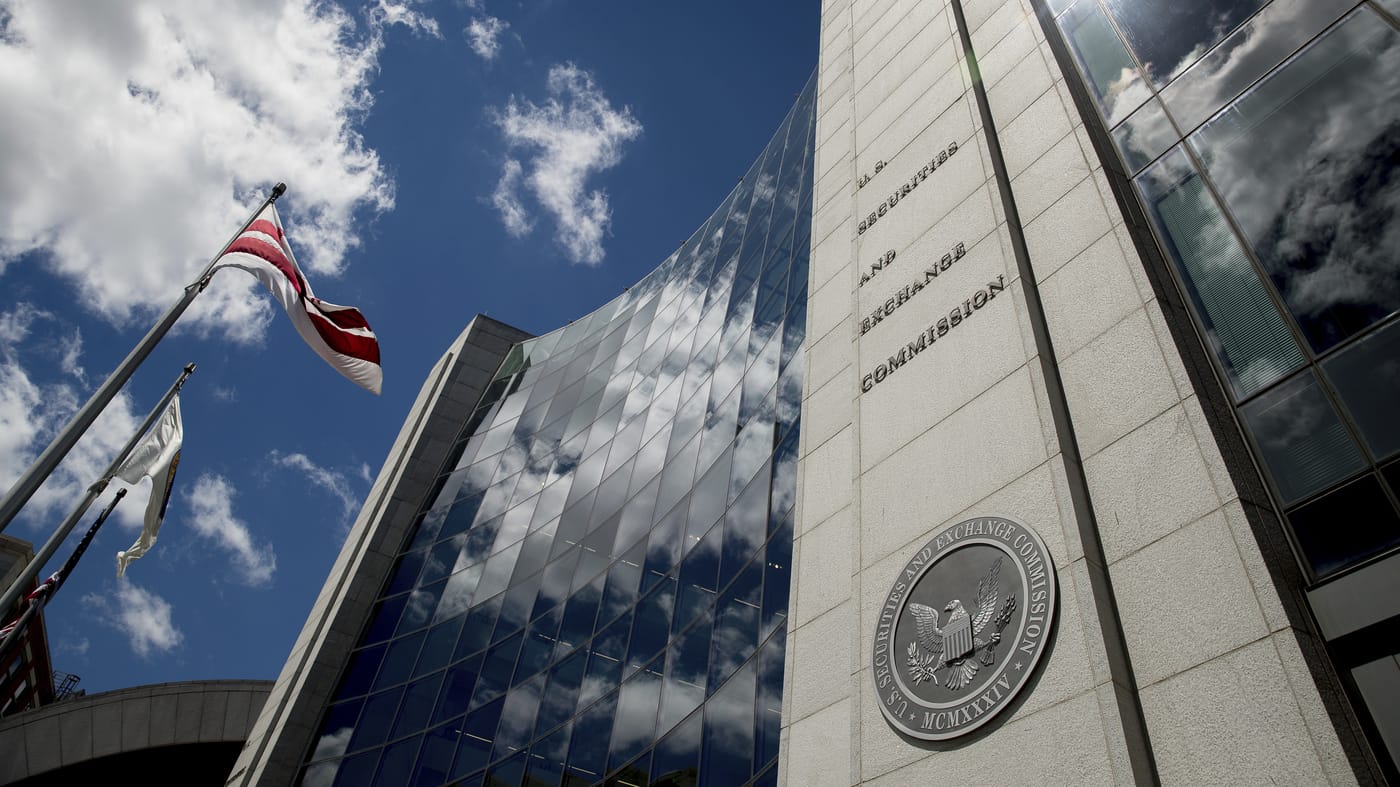The United States Postal Service (USPS) has made a pivotal decision in its ongoing transformation by appointing David Steiner, a seasoned executive and current board member of FedEx, as its new postmaster general. This strategic move, announced earlier this week, signifies the USPS’s commitment to innovation and efficiency, especially in light of the challenges faced by the organization in recent years. Steiner’s appointment is seen as a departure from traditional USPS leadership, which historically has drawn from within the ranks of the postal service itself.
David Steiner brings a wealth of experience to this role, having spent an extensive career in the logistics and transportation sector. Serving on the FedEx board lends him insights into industry trends and operational systems that are critical for navigating the complexities of modern mailing and delivery environments. His background includes considerable knowledge of supply chain management and customer relationship strategies, areas in which the USPS is keen to improve in order to meet evolving consumer expectations.
The USPS has faced numerous challenges over the past several years, including financial pressures, decreased volume of traditional mail, and growing competition from private delivery services. In this context, the appointment of a leader like Steiner is not only a fresh approach but is also designed to steer the organization toward a more sustainable and customer-focused future. Stakeholders within the USPS see this appointment as both a bold and necessary step to revitalize an institution that has long been an essential part of American society.
Upon accepting his new role, Steiner expressed his commitment to restoring the USPS’s reputation as a reliable and efficient provider of postal services. He outlined a vision that includes leveraging technology to optimize delivery routes, enhancing data analytics capabilities, and improving overall customer service experience. His plans may involve collaborating closely with private sectors to adopt best practices that can streamline operations and deliver value to American taxpayers.
Steiner’s immediate challenges will include addressing the significant financial barriers the USPS has faced, which have led to service reductions and workforce adjustments in recent years. According to the latest reports, the USPS recorded substantial financial losses attributed to aging infrastructure, pension liabilities, and evolving customer behavior toward digital communication. By introducing fresh strategies and possibly redefining existing operational frameworks, Steiner aims to track and reduce such losses while retaining the essential public service ethos of the USPS.
The decision to name a prominent executive from the private sector as postmaster general has stirred conversations across various platforms about the implications of such a transition. Critics have raised concerns about whether a corporate-style management approach is compatible with the public service mission of the USPS. Proponents, on the other hand, argue that innovation and efficiency are required to modernize the institution for the 21st century. The key will be balancing operational efficiency with the fundamental responsibilities that the USPS holds in serving all Americans, regardless of geographic location.
Feedback from lawmakers and postal unions has been cautiously optimistic, with many expressing a desire for collaborative efforts between Steiner, his management team, and workers on the ground. The overarching hope is for a unified direction that recognizes the tireless efforts of USPS employees, who have continued to serve the public, especially during challenging times like the pandemic.
In addition to addressing financial challenges, Steiner’s tenure will likely explore expanding USPS service offerings, which could involve enhanced approaches to package tracking, same-day delivery services, and even partnerships with e-commerce giants. Given the substantial increase in online shopping and home deliveries, the USPS must adapt its services to compete effectively within the increasingly crowded logistics landscape.
As David Steiner steps into his new position as postmaster general, he embarks on a journey to reshape an essential American institution. His success will be measured not only by financial recovery but also by the ability to adapt to a rapidly changing operating environment while maintaining a commitment to the core mission of the USPS—to provide universal service to every American, regardless of location. This appointment signals a hopeful future as the USPS aims to enhance its role within an ever-evolving global marketplace.
In conclusion, the appointment of David Steiner as postmaster general represents a significant shift in the leadership dynamics at USPS. With a focus on operational excellence, customer satisfaction, and strategic innovation, Steiner has the potential to redefine how the USPS operates in today’s logistics environment. As he begins this challenging and transformative journey, stakeholders across the nation will be watching closely how his leadership influences the future of the postal service.


